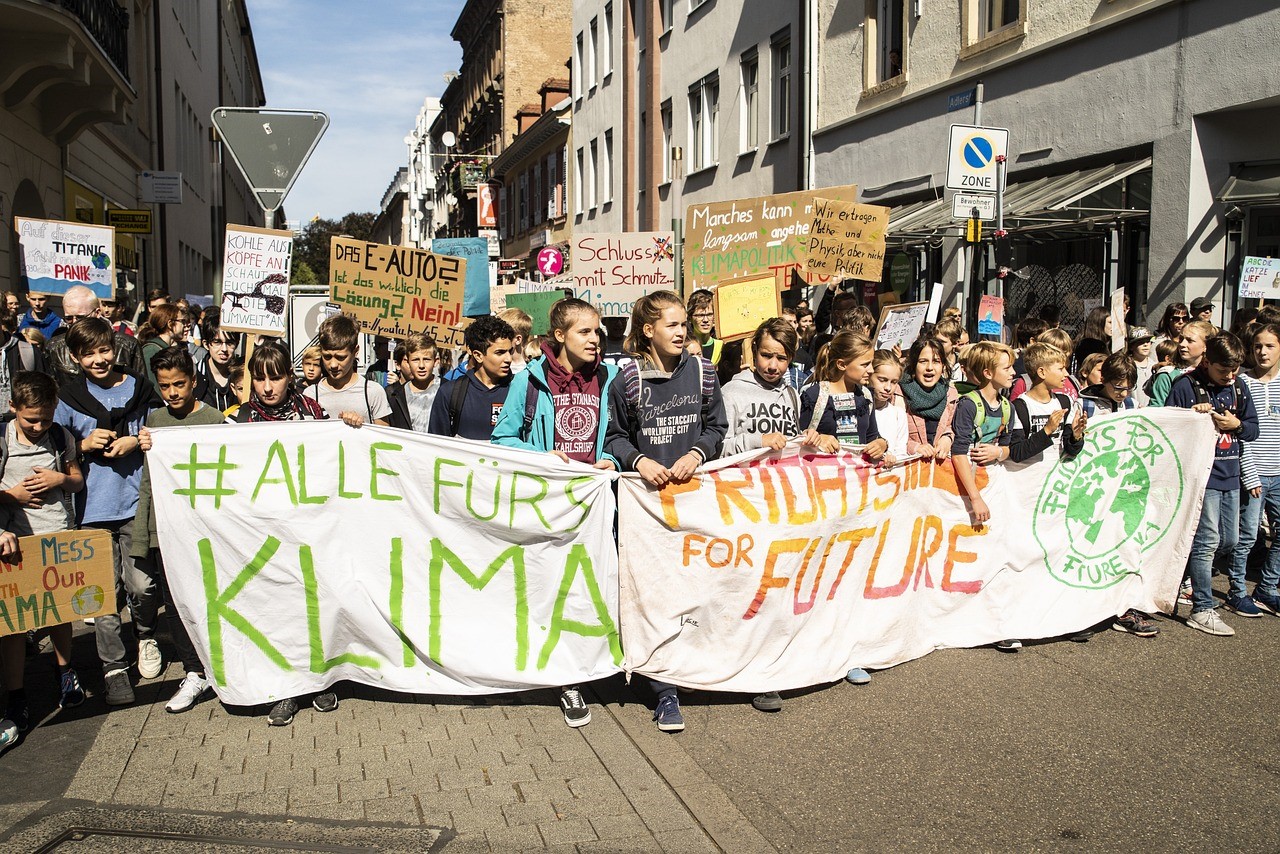The enduring impact of youth climate activism

“Adults and those in power have a duty of care to children.”
“By continuing to support the use of fossil fuels, you are harming the current and future generations.”
“This is intergenerational injustice, and we are the first victims of climate change.”
These are some of the emerging norms advanced by youth climate activists, specifically Fridays for Future (FFF), to pressure policy makers to act on climate change.
Beginning on the margins in 2018 with Greta Thunberg’s school strikes for climate, the FFF movement has spread to millions of young people around the world demanding that the climate crisis is taken seriously by those in power. The global reach of the movement and its explicit solidarity with the Global South is indeed a noteworthy feature of the movement. Many prominent activists such as Disha Ravi (India) and Vanessa Nakate (Uganda) represent voices from the Global South and emphasise the consequences of continued climate inaction where they live. Though starting with young people, the movement now includes offshoot movements of supporters such as Parents for Future and Scientists for Future, all supporting the same cause under the same normative position.
In our recent publication we show that these norms have permeated the public climate change discourse around the annual United Nations Framework Convention on Climate Change (UNFCCC) conferences, the next one being COP28 in Dubai, United Arab Emirates, later this year. The influence of the youth climate movement peaked in 2019 at COP25 (Madrid), where their arguments were indeed dominant, before the pandemic significantly weakened its momentum. Nevertheless, the norms they promoted, such as the duty of care for children linked to the climate crisis, anti-fossil fuel norms and climate justice norms seem to have entered the discourse permanently and are further propagating, even as the visibility of the movement decreased after 2019 due to the pandemic.
But the activists can only get so far on their own. They need supporters who can extend their reach and influence and champion the norms they are putting forth, i.e. prominent people like David Attenborough or Jane Goodall, NGOs, politicians and other climate campaigners. We show in our study that the movement was successful in mobilising a wider network of sympathisers and supporters who take up their normative arguments, presenting them to a wider audience or reinforcing them in front of an audience already familiar with the argument.
We could not, however, explicitly demonstrate with the data available to us that the normative arguments of young climate activists have an influence on the actual COP negotiations. We will attempt to answer this question at least to some extent in follow-up research. At this stage, we have nevertheless some reasons to assume that the influence extends to negotiations. An adviser to the Glasgow COP26 President Alok Sharma MP said in an interview with us that the youth activists’ arguments are having an influence on the COP President’s understanding of the crisis:
“They [climate activists] have a big impact partly because they become the photo (…) on the front page of the newspaper or Twitter. And it’s because they are more visual than lots of people sitting in a room. (…) And I think clever negotiators and officials use that. (…). Like Alok Sharma (…), he was an MP from Reading. He thought about climate change, cared about climate change, but wasn’t a climate warrior or anything. And then the more you learn about it, the more it gets under your skin and you can’t help yourself. (…) Engagement with indigenous communities and young people definitely make a difference. Made a difference in him.”
Recently, other studies have revealed the explicit impact that youth climate activism had on people’s voting behaviour, increasing the share of votes that the Green Party received in Germany and other European countries. Researchers have estimated that we need to convince around 25% of the population to tip the status quo and introduce new anti-fossil fuel norms that works for people and the planet. As our research and other studies are showing, things are shifting. And maybe because we are approaching the tipping point of denormalising the use of fossil fuels, we also see increased efforts from actors with vested interests, defending the status quo by spreading climate denial and climate action delay arguments. But we cannot be intimidated by these efforts. We know that the perseverance and commitment of social movements and their supporters is vital for their success, so we have to keep trying.
This blog was authored by Dr Nicole Nisbett. Further information can be found on the project page.
The research was funded by UKRI Future Leaders Fellowship awarded to Dr Viktoria Spaiser.
Image by cubicroot from Pixabay.
